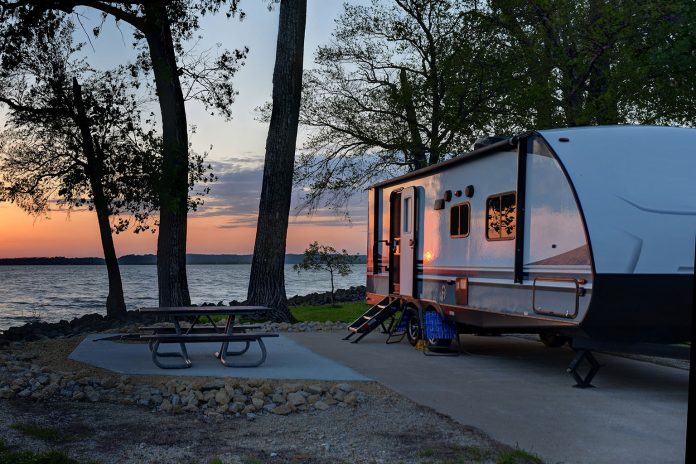Recreational vehicles (RVs) and trailers are popular for traveling, especially for seasonal camping. With plenty of space to relax, you can pack up your RV or trailer and hit the open road with ease. Whether you’re looking for a comfortable ride or want to set up camp in style for a weekend getaway, an RV or trailer is perfect for you! However, when buying an RV or a trailer, there are mistakes you should avoid:
1. Not considering size needs
Before making your purchase decision, establish your needs and be sure to go with a model that’s the right size to accommodate you and your family. Settling for something that is too small can be dangerous and lead to inconveniences, such as inadequate sleeping space. Instead, find a model that fits comfortably in your driveway and doesn’t require any modifications to fit your traveling and camping needs.
2. Not considering interest rates or taxes
It is also wise to account for interest rates and taxes while buying a trailer or an RV. Interest rates can vary a lot depending on the lender, so it’s important to do your research before making a decision. Additionally, tax laws can change regularly, so be sure to consult with a tax advisor if you’re looking to buy an RV or trailer.
3. Buying an RV in poor condition
Before you take your purchase home, make sure to inspect it closely for any damages or defects. If it’s in poor condition, it’s likely going to require a lot of repairs before you can use it, or it will cost you money down the road. Instead, try to buy a used RV or trailer that’s been well-maintained. If you want to ensure you get an RV or trailer in good condition, consider bringing a mechanic or someone with relevant knowledge about vehicles with you while you shop to help you make a decision. Moreover, if there are any problems with the RV or trailer, don’t hesitate to bring them to the attention of the seller.
4. Forgetting tow weight
When shopping for a trailer, it is always wise to factor in the tow weight. Tow weight is the maximum weight your vehicle can pull with a trailer attached. Consider a small trailer if you have a small vehicle, as a larger trailer will cause more wear and tear on your vehicle. While most trailers come with a recommended tow weight, it’s always a good idea to double-check with the seller just in case.
5. Not sticking with a budget
When shopping for an RV or trailer, ensure you set a budget and stick with it. Sure, you might be able to find a cheaper model that doesn’t have all the bells and whistles, but it’s likely going to be less comfortable and less durable. Instead, focus on finding a model that fits both your needs and budget.


